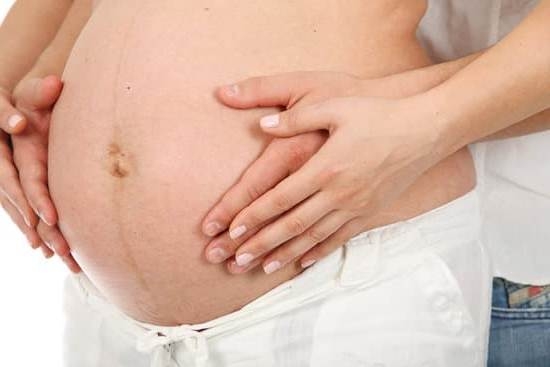Thirsty Early Pregnancy
The first trimester of pregnancy is typically a time of fatigue, nausea, and general discomfort. For many women, one additional symptom may be thirstiness. While it is normal to feel thirsty during pregnancy, especially in the early stages, thirst can also be a sign of dehydration.
Causes of Dehydration in Pregnancy
There are numerous reasons why a pregnant woman may become dehydrated. Some of the most common causes include:
• Increased urination – Pregnant women often produce more urine due to the increase in blood volume.
• Vomiting and diarrhea – These common pregnancy symptoms can cause dehydration by leading to fluid loss.
• Excessive sweating – Pregnant women often have an increased body temperature, which can lead to sweating.
• Limited intake of fluids – Some women may not feel thirsty and therefore do not drink enough fluids.
• Medications – Certain medications, such as diuretics, can cause dehydration.
Symptoms of Dehydration in Pregnancy
Pregnant women who are dehydrated may experience the following symptoms:
• Thirst
• Dry mouth
• Headache
• Dizziness
• Fatigue
• Increased heart rate
• Inability to produce urine
• Dark urine
• Pale skin
Treatment of Dehydration in Pregnancy
If you are pregnant and experience any of the symptoms of dehydration, it is important to seek medical attention. Treatment for dehydration may include intravenous fluids, oral hydration, and/or medications.
It is important for pregnant women to drink plenty of fluids to stay hydrated, especially in the early stages of pregnancy when dehydration is most common. Water, fruit juices, and milk are all good sources of fluids. It is also important to avoid caffeine and alcohol, which can contribute to dehydration.
Early Pregnancy Fatigue
Fatigue is a common complaint during early pregnancy. While the cause of fatigue during early pregnancy is not completely understood, it is thought to be due to the many changes your body is experiencing. Hormone changes, increased blood volume, and the extra work your body is doing to support the growing fetus can all contribute to fatigue.
Fatigue is also common during the first trimester of pregnancy, which is the earliest stage of pregnancy. The first trimester lasts from week 1 to week 12 of pregnancy. Symptoms during the first trimester vary from woman to woman, but may include fatigue, nausea, vomiting, and mood changes.
If you are experiencing fatigue during early pregnancy, there are a few things you can do to help manage it. First, try to get plenty of rest. Nap when you can, and go to bed early if you need to. Second, make sure you are eating a healthy diet. Eating nutritious foods will help give you the energy you need. Third, try to exercise regularly. Exercise can help improve your energy level and mood.
If you are experiencing fatigue during early pregnancy, be sure to talk to your doctor. He or she can help you find ways to manage your fatigue and keep you and your baby healthy.
Acne Early Sign Of Pregnancy
Many women experience acne during early pregnancy. This is thought to be due to the hormonal changes that occur during pregnancy. Acne can appear on the face, chest, and back. It is usually mild and goes away after delivery. If you are pregnant and have acne, you can treat it with over-the-counter acne medications. However, you should check with your health care provider before using any medications during pregnancy.
Sharp Pain In Lower Abdomen When Sneezing In Early Pregnancy
There can be many reasons why you might experience sharp pain in your lower abdomen when sneezing during early pregnancy. One of the most common causes is ligament pain, which is caused by the stretching of the ligaments that support your uterus. This pain can be quite sharp and is often accompanied by cramping. Other causes of lower abdominal pain during early pregnancy include urinary tract infections, constipation, and ovarian cysts. If you are experiencing sharp pain in your lower abdomen when sneezing, it is important to consult with your doctor to determine the cause and to receive appropriate treatment.
Early Period Sign Of Pregnancy
The early period sign of pregnancy is a missed period. A missed period is the most common early sign of pregnancy. Other early signs of pregnancy include nausea, vomiting, fatigue, and frequent urination. If you think you may be pregnant, see your doctor for a pregnancy test.

Welcome to my fertility blog. This is a space where I will be sharing my experiences as I navigate through the world of fertility treatments, as well as provide information and resources about fertility and pregnancy.





